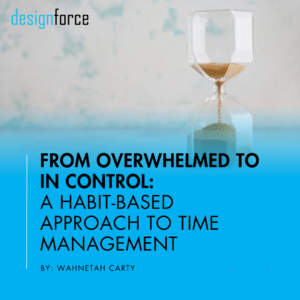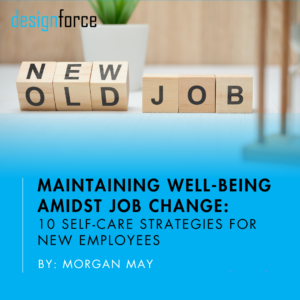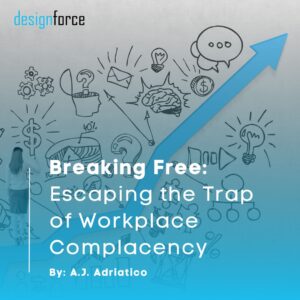Whether you are actively in search of a new opportunity or are passively interested in building your network and learning about different opportunities, chances are, you have been approached by someone in the industry via LinkedIn, email, or another form of digital networking. If you are interested, great! Start building that relationship and learning more about the opportunity. But what if you aren’t interested; what happens then? Maybe the timing isn’t optimal but the role or company is one that may align in the future. Or maybe the opportunity does not fit your background or career goals at all. How do you respond with tact?
Here is a guide on how to politely pass on an opportunity in various stages: initial outreach, after a conversation, and at the final offer, without completely shutting the door or worse, burning a potentially beneficial bridge.
Passing During Initial Outreach
LinkedIn has made it incredibly easy to connect with industry professionals. Given the ease of accessibility, individuals, openly and actively, discussing career opportunities with potential candidates has become commonplace. Again, if you are interested in learning more about new roles and opportunities, this is exciting! If you are not, you’ll need to know how to politely decline without closing the door entirely. This response is a great place to start.
Hey (person’s name),
Thanks for reaching out, but I am not looking for a new opportunity at the moment. However, I am willing to hear nonetheless and see whether I could recommend good folks for the position. Let me know whether you still want to chat!
This response is a great example of how to politely decline the offer to discuss the role mentioned, however, leaves room to discuss any networking opportunities or discussion of anyone that may be a fit who is looking actively.
Passing After An Interview
In some cases, it is only after a conversation and much evaluation you realize the opportunity is not right for you. If after reflection you know that you do not want to proceed, promptly communicate that with the organization. It is still imperative to send a follow-up thank you email to those you spoke with, even if it’s not a good fit. Of course, no one likes rejection, even a prospective employer. A potential response could be:
Dear (person you spoke with),
Thank you very much for taking the time to discuss this opportunity with me. I really enjoyed our conversation discussing [something you spoke about], however, after further consideration, I have decided to not move forward at this time and remove myself from this process, allowing you to find a better strategic fit.
In this response, you are sending appreciation for the time they spent with you, showing what you learned from the conversation, and informing them promptly that you are removing yourself from the process.
Passing At The Offer Stage
At this last stage, more often than not, you are deciding between multiple offers, or are deciding if moving from your current employer is the right decision. If after reflection, you decide the opportunity is not a fit based on your career goals, there are a few ways to graciously decline without completely closing the door for future relationships.
First and foremost, be honest. Explain your thought process when you decline, reiterate that you have enjoyed getting to know them and the organization better, but you have decided that the opportunity does not align with your career goals at this point in time. The ball is in your court to keep the door open; stay in touch and ask to connect on LinkedIn. Although this opportunity did not work out, the relationship you have built through the interview process may become an important one in the future.
Passing Due to Money:
During a discussion with a prospective company, the question of compensation typically arises towards the latter part of the process. While compensation is important, it should never be the deciding factor of whether you move forward with an opportunity or not. At designforce, we advocate for creating a values list early on in the conversation to illustrate 10 traits or characteristics that are most important to your career/life. The goal here is to create a document that provides clarity to your goals and aspirations. By completing this, you have a clear picture of what is going to lead to career fulfillment long term. If you really enjoy the opportunity and the company, don’t let compensation be the reason you do not move forward.
Regardless of when in the process you realize an opportunity is not right for you, there is a way to respond tactfully that will allow for continued communication and networking. Our industry especially is a small one. You never know when a past connection will lead to advancement in your career.

Related Posts
Let's learn together.
Stay inspired and in the know on all things A|E|C.
Sign up for our monthly newsletter.










